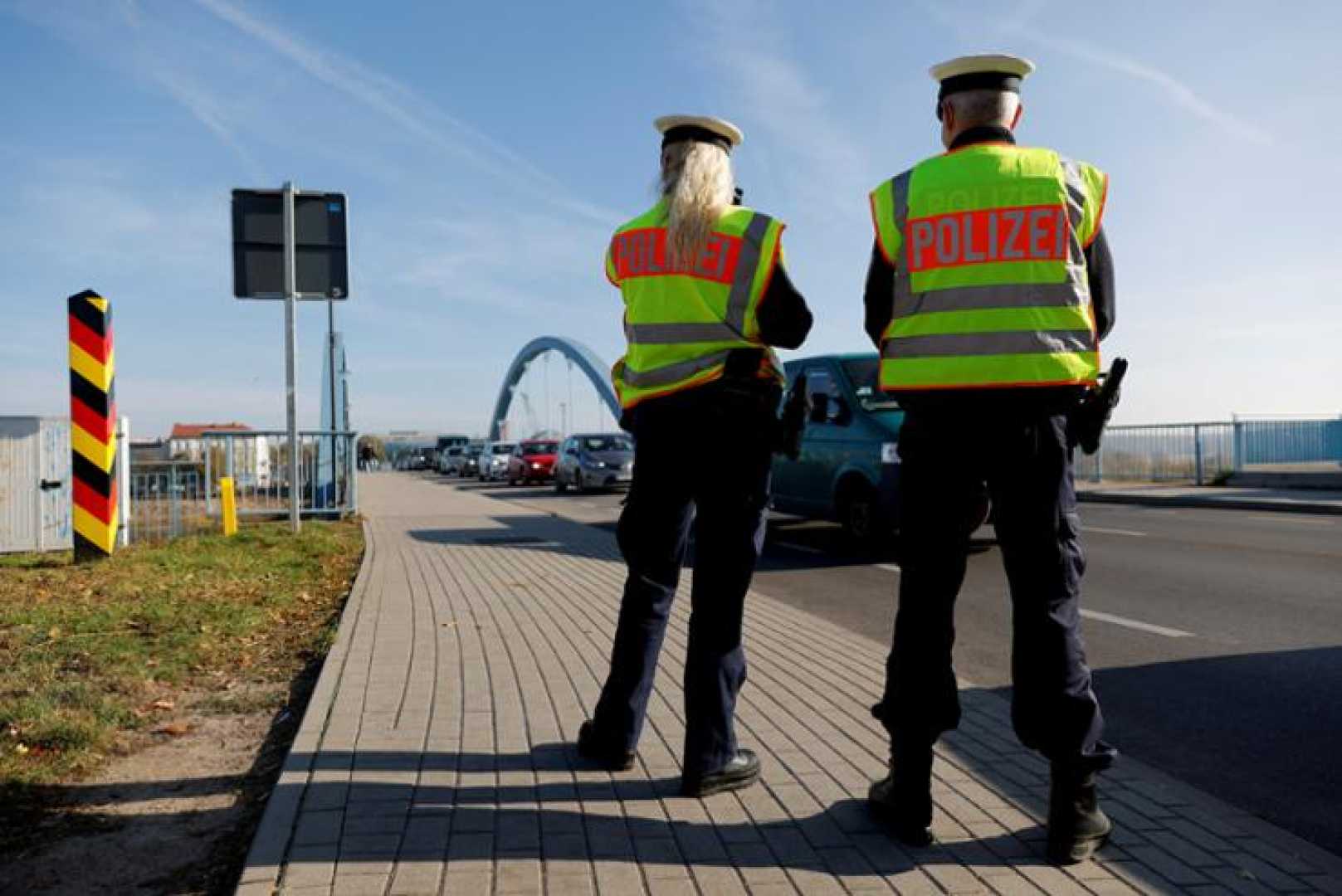Politics
Germany Introduces Stricter Border Checks Amid Rising Irregular Migration

Germany‘s Federal Minister of the Interior, Nancy Faeser, announced on Monday, September 9, that the country will implement checks at all border crossings. This decision aims to address the growing concern over irregular migration.
The move follows a notable increase in irregular border crossings, leading Germany to initiate exceptional checks at its land borders with Poland, Czechia, Switzerland, and Austria last year. These temporary checks have also been in place during significant events like the European football championship and the Olympics and Paralympics.
As of Monday, September 16, the border checks will extend to all of Germany’s land borders. Although the EU’s Schengen area regulations typically disallow border checks, member states can seek exceptions from the European Commission, a measure Germany has pursued.
Faeser expressed the government’s commitment to reducing irregular migration, stating, “We want to further reduce irregular migration. To this end, we are now taking further steps that go beyond the comprehensive measures currently in place.”
She emphasized the necessity of strong controls at national borders until the EU can establish a robust Common European Asylum System.
The implementation of these border checks comes in response to pressure from the CDU, the main centre-right opposition party, which has endorsed the refusal of entry to irregular migrants as a condition for supporting coordinated migration measures.
Faeser further noted that her ministry intends to introduce a model for refusing entry to irregular migrants in compliance with European law, although the proposal remains contentious among coalition partners, including the Greens. Concerns have been raised that such measures might obstruct the processing of migrants according to EU regulations.
The CDU has argued for a declaration of emergency under Article 72 of the Treaty on the Functioning of the European Union, which allows for exceptional measures to maintain public order. However, the European Court of Justice has historically blocked such initiatives.
Details regarding the new model for refusing entry to irregular migrants are expected to be revealed following talks with opposition parties.
In related comments, German Foreign Minister Annalena Baerbock cautioned against taking unilateral approaches to migration, emphasizing the collaborative efforts needed to establish a common European asylum system.












